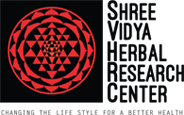BREAKTHROUGH IN TREATMENT OF PARKINSON’S DISORDER BY SVHRC
Treatment Stops the progress of disease, regenerates the brain cells….
It is Natural, Herbal, does not contain heavy metals… no
side effects
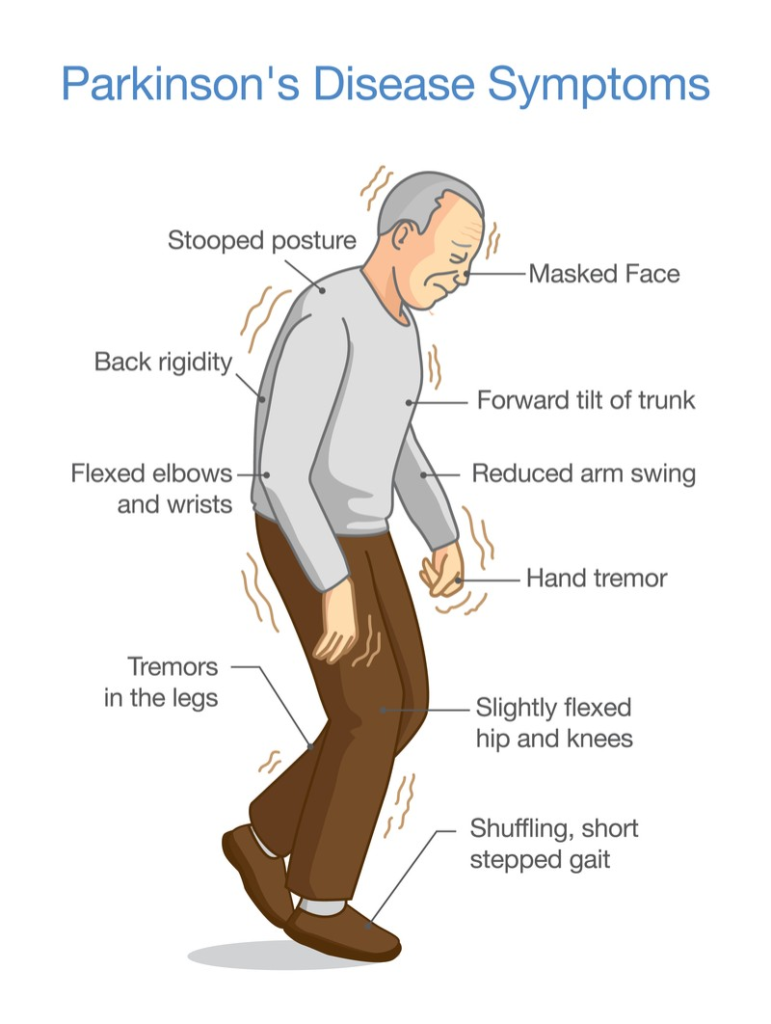
Parkinson’s disease (PD), or simply Parkinson’s, is a chronic degenerative disorder of the central nervous system that affects both the motor system and non-motor systems. The symptoms usually emerge slowly, and as the disease progresses, non-motor symptoms become more common. Early symptoms are tremor, rigidity, slowness of movement, and difficulty with walking. Problems may also arise with cognition, behaviour, sleep, and sensory systems. Parkinson’s disease dementia is common in advanced stages.
CONSTRAINTS OF MODERN MEDICINE
There are no known curative medicine/treatments for Parkinson’s disorder in modern medicine.
Allopathic medicines, injections etc may temporarily hold or slow the progression of the disease but are unable to sustain the effects for long term. Also, they cause more damage and agony to patients rather than providing relief. Rehab groups and cognitive rehabilitation are being considered however, more study is required to on it.
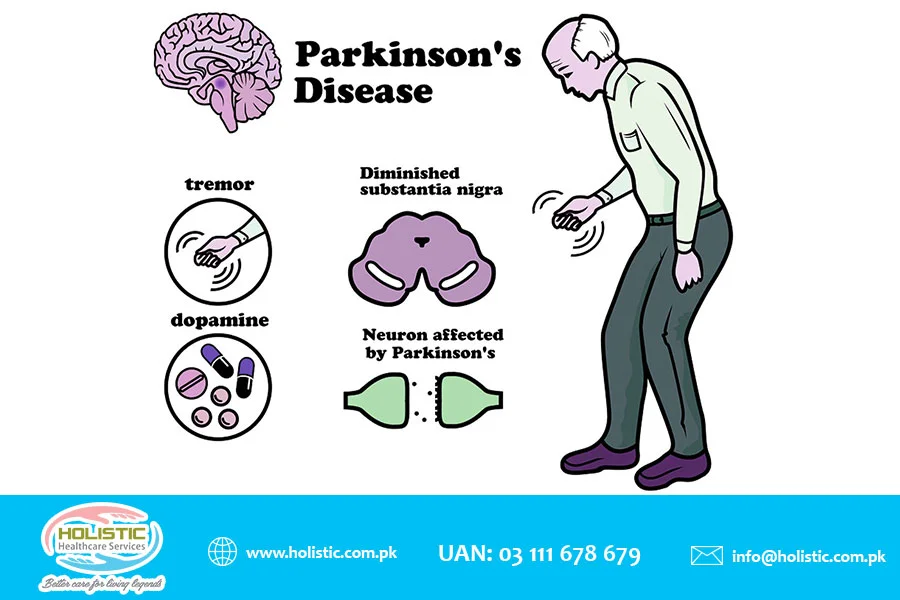
BREAKTHROUGH IN TREATMENT BY SVHRC
The scientists of Shreevidya Herbal Research Centre (SVHRC) have found a medicine that is herbal in nature for managing Parkinson’s disorder. This medicine halts the degeneration of brain tissue and restores the lost connection between the nerve cells, thereby effectively managing the disease.
After working on several herbal combinations, SVHRC was successful in finalizing a specific combination of medicine which proved effective in treating Parkinson’s disorder. Soon after the success of the medicine on our first Parkinson’s disorder patient in 2005, this herbal formulation was named “Cerebronorm“. More and more patients were treated further with highly positive results.
This herbal medicine with other two herbal combinations specially works very well with early and middle stages of Parkinson’s disorder.
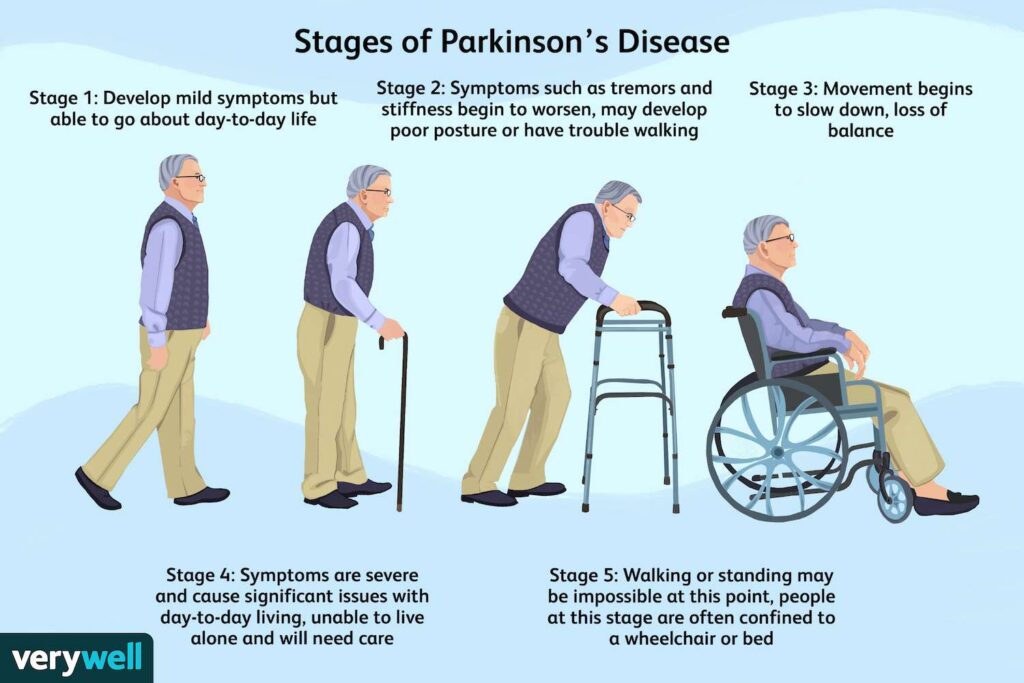
Therapeutic aspect and Treatment protocol
Therapeutic Aspect :
Through the research carried out by Shreevidya Herbal Research Center, it is found that in the early stage of Parkinson’s disorder, it is possible to recover the patients by about 90 to 95%. In the intermediate stage the recovery percentage is about 80 to 85%, the patients can do their daily routine normally.
In the patients with advanced stage of Parkinson’s disorder, recovery is about 30% to 40%. Even with patients who have brain atrophy(depends on the severity and how much of the brain has atrophied) management becomes impossible. Parkinson’s disorder is best treated in the early years (the sooner the better) as it is easier to reverse the pathology. A.D can be successfully handled from the time of its manifestation up to around ten years or so, depending on the personality, tendency and inclination of the patient. It has been observed that the response to treatment is better in cases where psychotics and other biochemistry modifying drugs have not been administered.
Treatment becomes challenging in case of radically deep-rooted infliction over an extensive period of time. After the atrophy of the brain takes place or the brain is damaged beyond the body’s ability to repair it, Parkinson’s disorder becomes difficult to handle. So it is advised to take the treatment at early stages to get positive results. It is therefore important to watch for symptoms specially in people of old age and consult a doctor to rule out possibilities of the disease.
Treatment protocol
During the treatment the patients are advised to follow certain measures for effective results:
- Strict vegetarian diet must be taken. Care should also be taken to reduce spices/chilies and oil.
- No carbonated beverages, alcohol and junk food.
- Tablet ‘Cerebronorm’ should be taken as per the advice of the doctors of SVHRC. Any other medicine, even for common maladies, should be taken only after consulting the doctors at SVHRC.
- Patients will be instructed regarding all the dos and don’ts by the doctors at SVHRC before commencement of the treatment. Sincere adherence to the instructions is expected from every patient to ensure maximum benefit.
As each patient of Alzheimer’s is different, the duration of the treatment also differs in each individual.
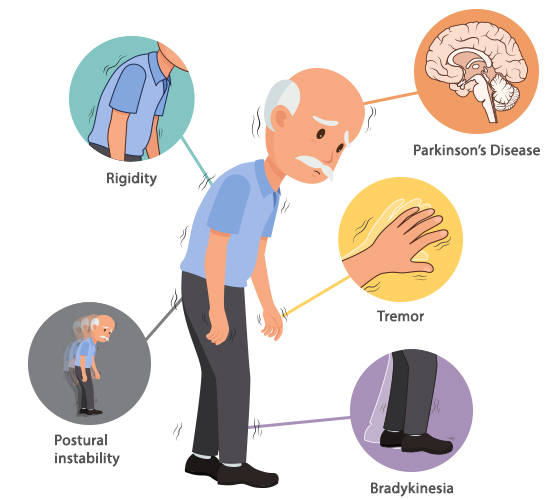
CASE STUDY
The first patient of Alzheimer’s at SVHRC was Mr. L.P. Londhe. He was brought to SVHRC in 2005 at the age of 70years. At that time, he was experiencing symptoms of early stage of Parkinson’s disorder. He was experiencing following signs and symptoms:
- Tremor with rhythmic shaking of right hand
- Slowed movement.
- Little rigid muscles
- Speech difficulty
Initially his relatives thought it is due to age, Later diagnosed as beginning stage of Parkinson’s disorder
As his children were aware that there is no treatment in any system of medicine, they opted for herbal treatment with the R & D team at SVHRC. A few herbs were initially prescribed to him. Some of the medicines were individually given while some were given in combinations. After a few days, a combination of herbs later named as ”Cerebronorm” started showing favourable results.
With this another medicine TVV was also given. Gradual improvement in the tremor was the initial success. Cerebronorm was continued at a pre-determined dose in a certain manner. Within four months, Mr. Korde was able to recognize his children along with their names. He was also able to recognize feelings of hunger, of micturating and defecation.
During the treatment a strict vegetarian diet was imposed, as non-vegetarian food is hard to digest. Noticing the gradual improvement, Mr. Londhe was asked to attempt walking in the house. Due to the evident improvement in his health, the treatment was continued. There were no side effects observed. The treatment continued for two years. His family claimed that he had become normal, and experienced only age related limitations that are usual in old age.
